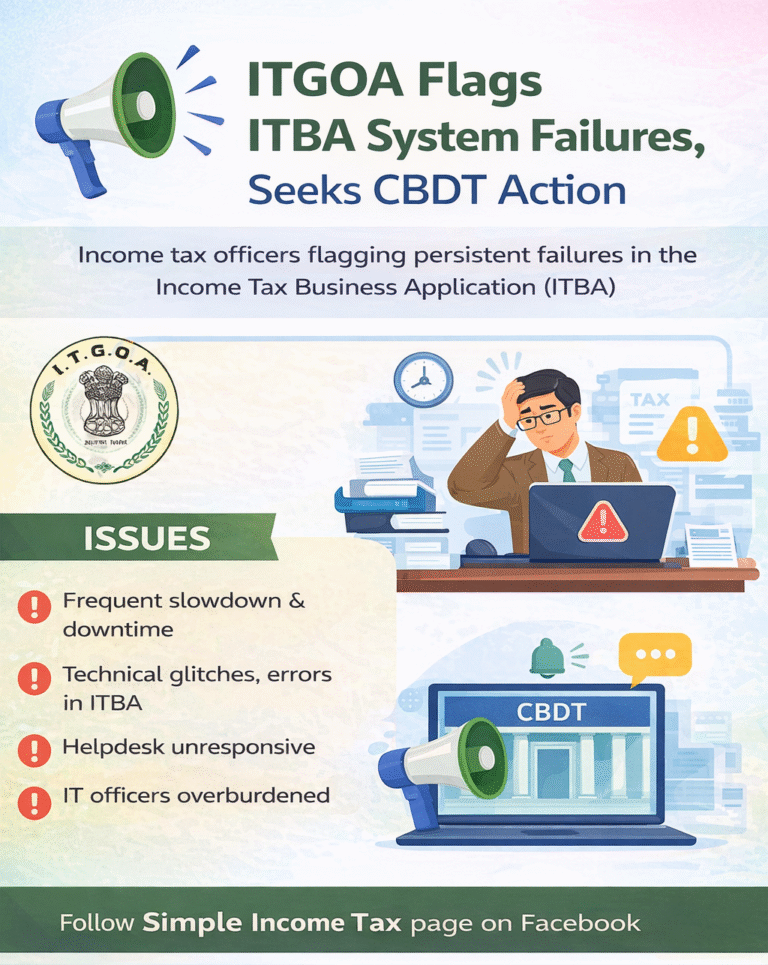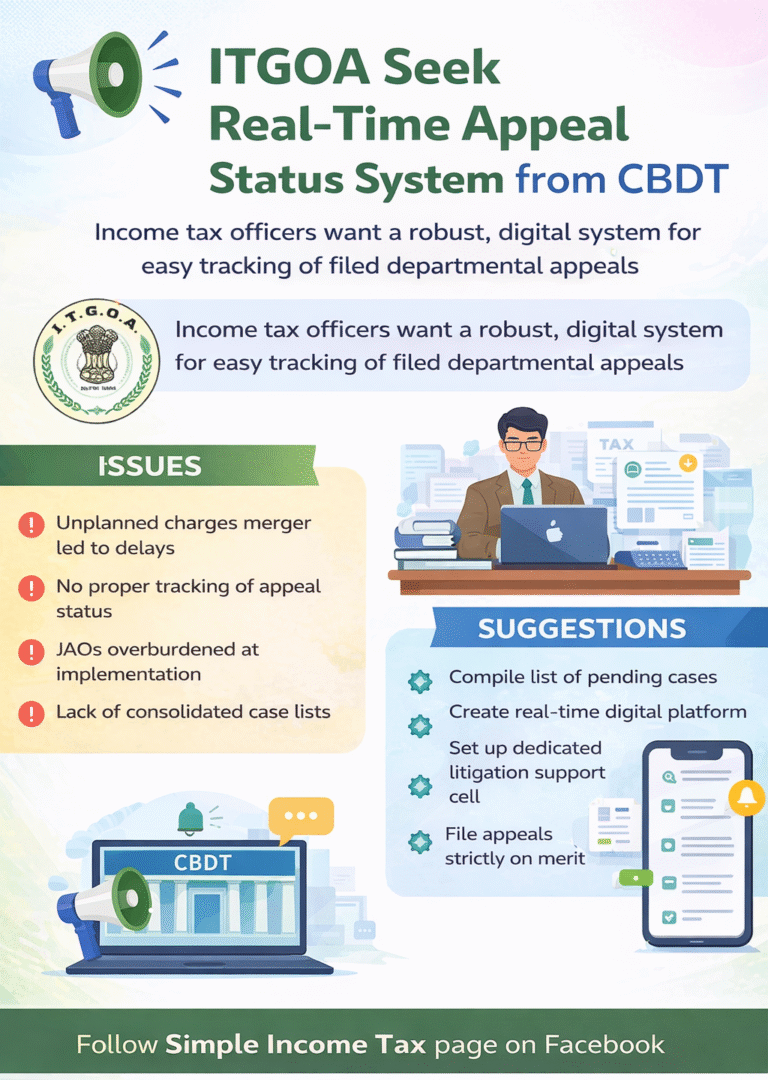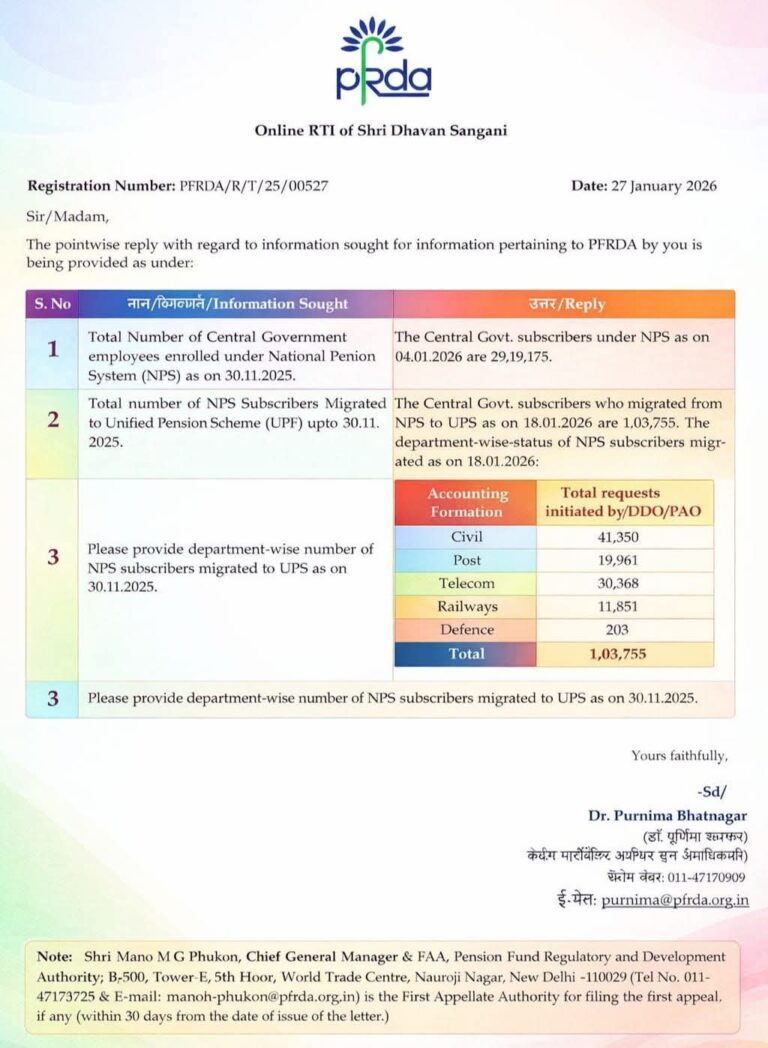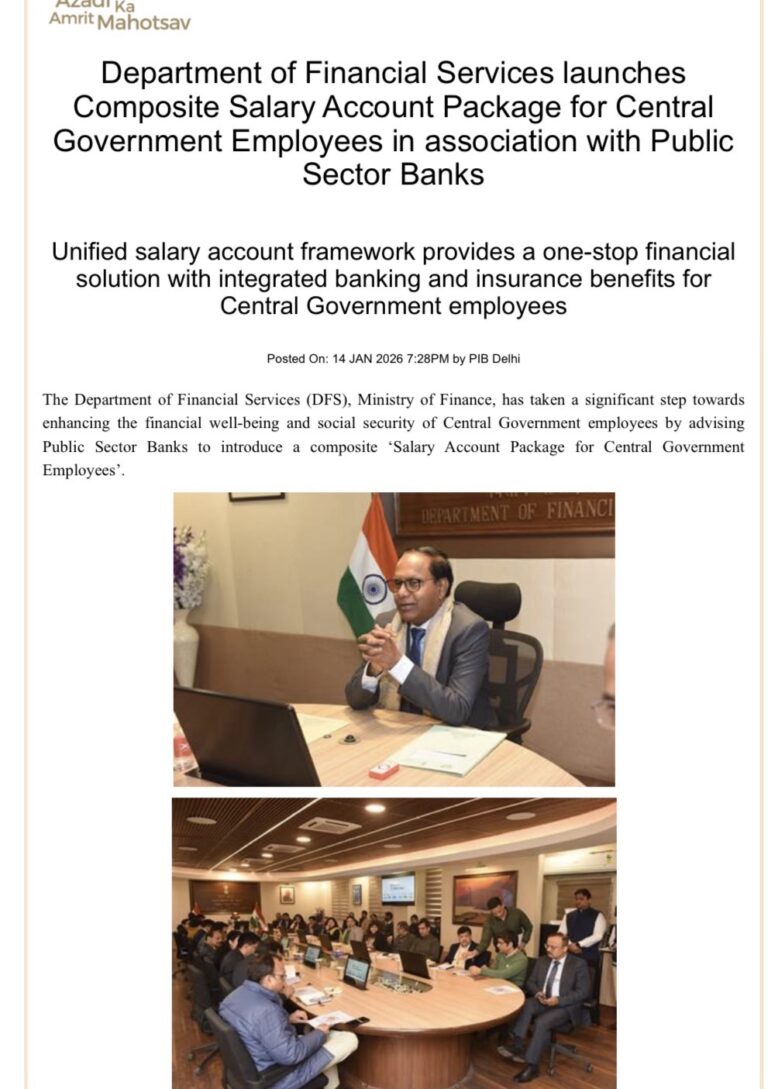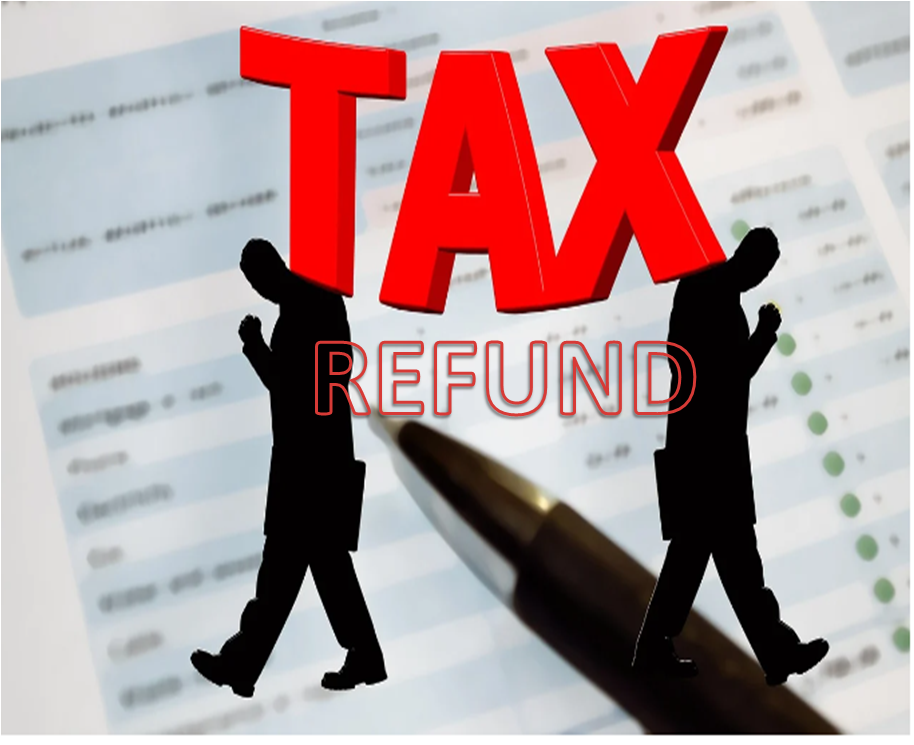
In recent months, it is observed that there has been a remarkable decline in income tax refunds due to the reason of strict fraud checks. From April to October 12, 2025, refunds dropped from over Rs. 2.4 lakh crore last year to just above Rs. 2.0 lakh crore which shows a decline of 16 %. In particular, non corporate taxpayer refunds saw an even steeper fall from over Rs. 1.2 lakh crore to Rs. 62,359 crore. Meanwhile, net direct tax collections rose by 6.3% reaching nearly Rs.11.9 lakh crore. Gross direct tax collections (before refunds) are up 2.4 % year on year. So it is not that fewer people are filing or fewer refunds are due but that many refund claims are being held back.
Reason for Decline in issuance of Refund – Stronger Fraud Checks
To prevent from misuse and ensure strength in tax administration, the tax department is applying strict automated filters and risk assessment rules at the CPC (Central Processing Centre). Refund claims above certain thresholds are flagged for additional scrutiny.
The Checks or Verification in certain cases includes following;
- Verifying income, deductions and tax payments
- Matching data with third party and employer records
- Flagging suspicious patterns i.e. too large refunds, unusual deduction claims
- Manual or secondary review before releasing the refund
The result is delays in processing some refunds and in many cases, refunds are being withheld until the taxpayer satisfies the verification checks.
What this means for Taxpayers
- Longer wait times : If your refund claim is above the threshold, expect it to take longer than usual. Keep patience and stay updated via your ITR dashboard.
- Possible notices or queries : Tax authorities may send notices or require you to provide supporting documents such as proof of deductions, investment records, etc.
- implications on Cashflow : Many taxpayers especially salaried employees and small businessmen may suffer delays in refund which may affect financial planning.
- Need for accuracy : Now more than ever ensure your ITR is error free. Mistakes, inconsistencies or claims that don’t match your data sources are more likely to be challenged.
- Threshold uncertainty : The threshold at which extra scrutiny kicks in is not uniform. It may depend on taxpayer category, past refund history and risk profile.
Tips to Smooth the Refund Process
- Keep all proofs and documents i.e. investment proofs, rent receipts, medical bills etc. well organized and ready for verification.
- Reconcile Form 26AS / TDS records with your income tax return to avoid mismatches and any further inconvenience.
- Avoid inflated or unjustifiable deduction claims. Be conservative and support them with documents.
- If you get a notice or query, respond promptly. Delay or non-response may freeze your refund permanently.
- Check your refund status regularly on the income tax efiling portal.
In Summary, the fall in refunds is not due to fewer tax filings but due to enhanced inspection of refund claims. The government is intent on wipe out fraudulent or erroneous claims and improving the integrity of tax administration. While this may mean more delay and bother for honest taxpayers. Proper preparation and transparency can help avoid unnecessary trouble.


